Search
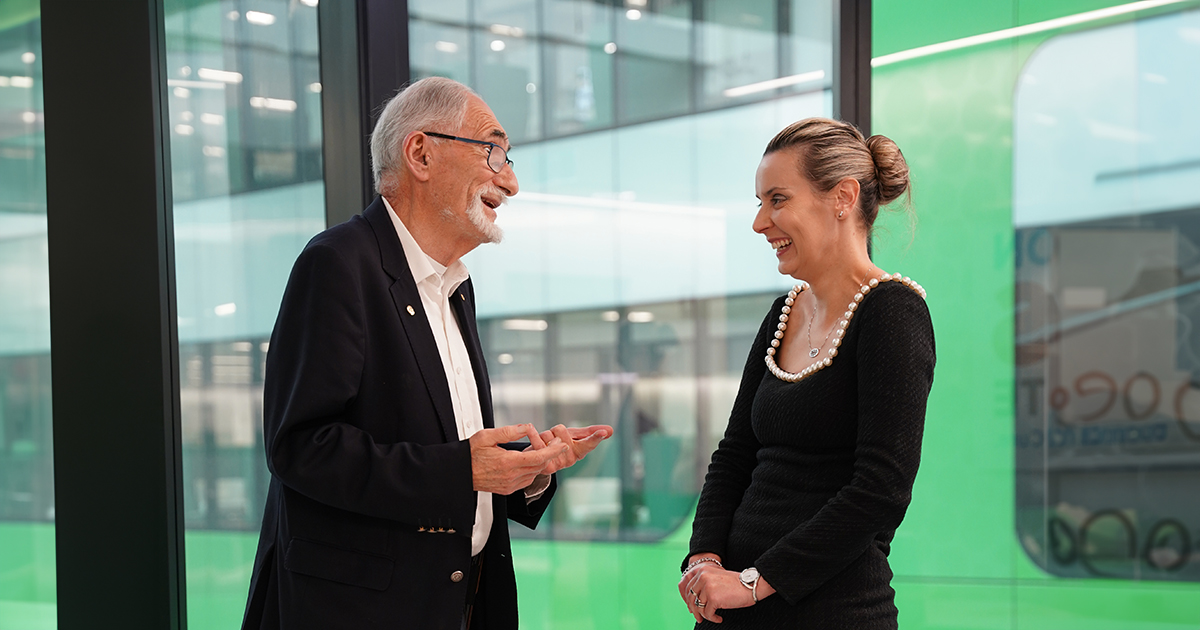
News & Events
Genetic disease researcher named inaugural Louis Landau Chair of Child Health ResearchProfessor Aleksandra Filipovska has been appointed as the inaugural Louis Landau Chair of Child Health Research.
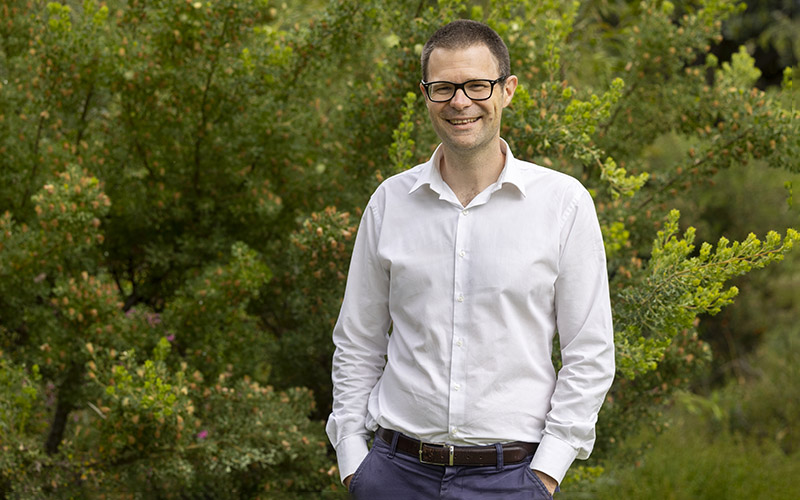
News & Events
Autism Researcher a Finalist for Western Australian of the YearProfessor Andrew Whitehouse has been named a finalist in the 2023 Western Australian of the Year Awards for his work in transforming clinical support for autistic children in Australia.

News & Events
The Kids Research Institute Australia welcomes tough new measures to save kids from vapingThe Kids Research Institute Australia strongly supports the Federal Government’s announcement today to introduce a suite of reforms aimed at banning non-prescription vaping products in Australia.
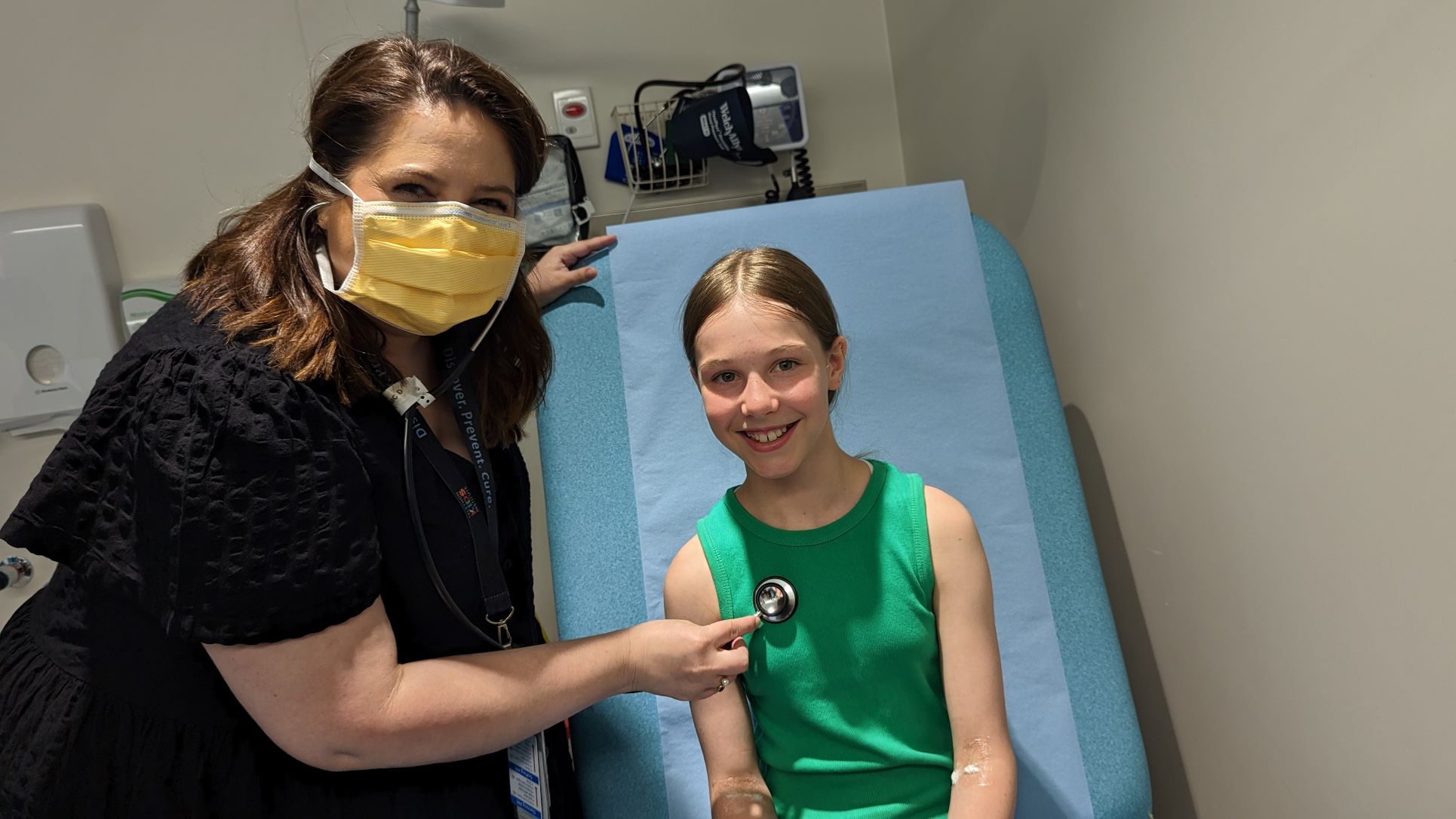
News & Events
World-first nasal spray whooping cough vaccine aims to protect young bubsTiny babies could soon have much-needed protection from community transmission of potentially deadly whooping cough thanks to a world-first nasal spray vaccine being trialed at The Kids Research Institute Australia.
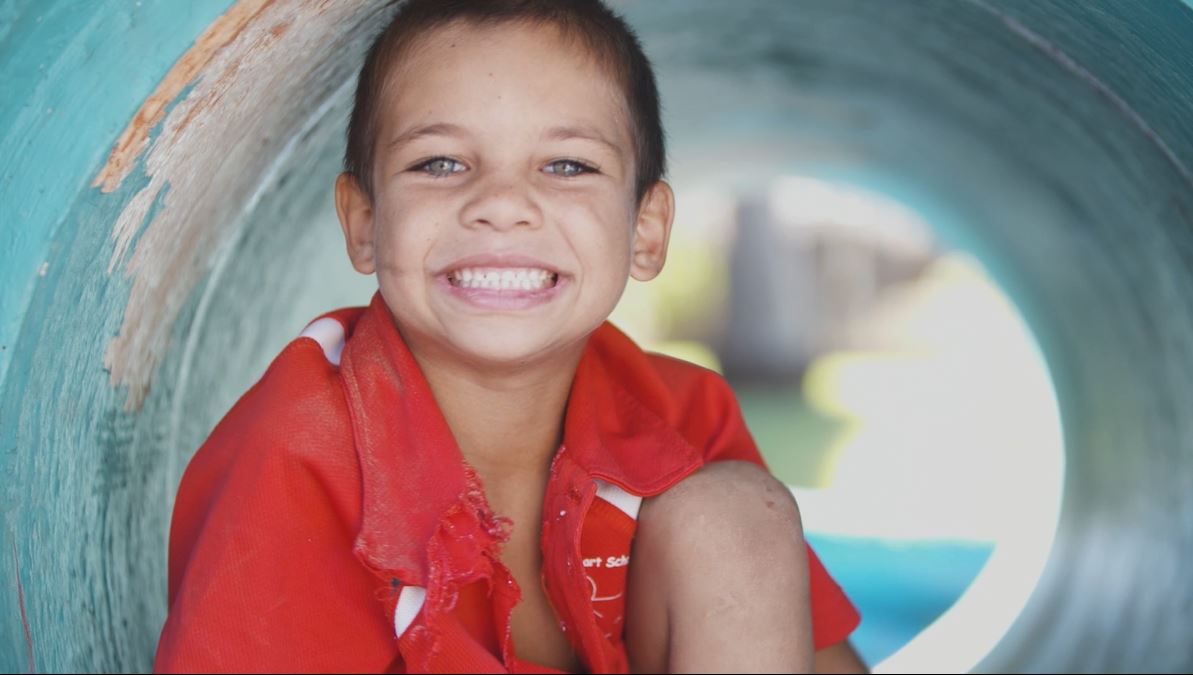
News & Events
International collaboration awarded $US8 million to design world-first diagnostic tool for acute rheumatic feverResearchers from The Kids Research Institute Australia are joining forces with international experts in acute rheumatic fever (ARF) and rheumatic heart disease (RHD) to transform the diagnosis of these diseases thanks to an $US8 million grant from the Leducq Foundation.
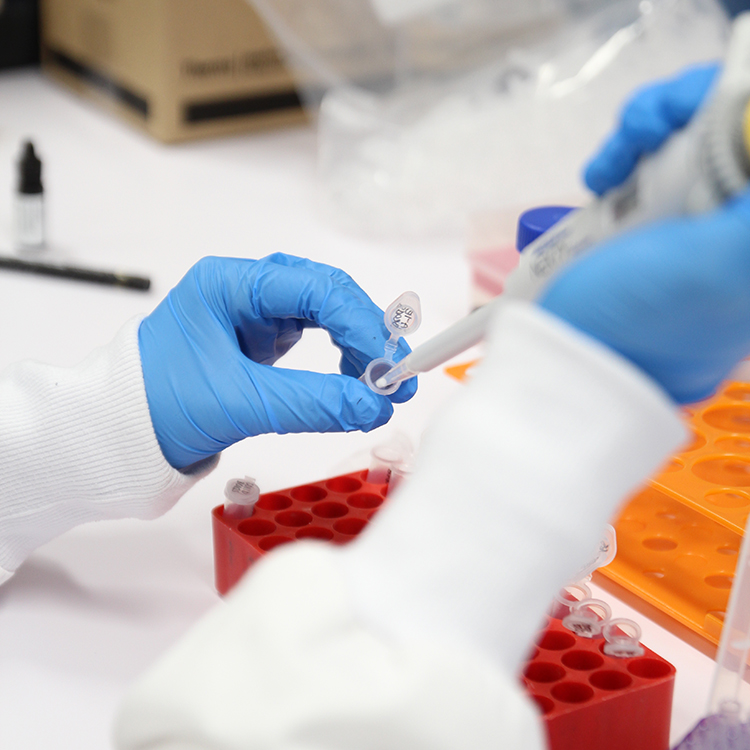
News & Events
Welcome boost to medical research and innovation in WAThe Kids Research Institute Australia has welcomed the State Government’s additional investment into the Future Health Research and Innovation Fund (FHRI), which supports key medical research, innovation and commercialisation in Western Australia.

News & Events
World-first clinical trial in ‘man’s best friend’ could unlock treatment breakthrough for kids with cancerThe Kids Research Institute Australia is leading a unique clinical trial in pet dogs that could pave the way for a new immunotherapy treatment for one of the most common childhood cancers, Sarcoma.
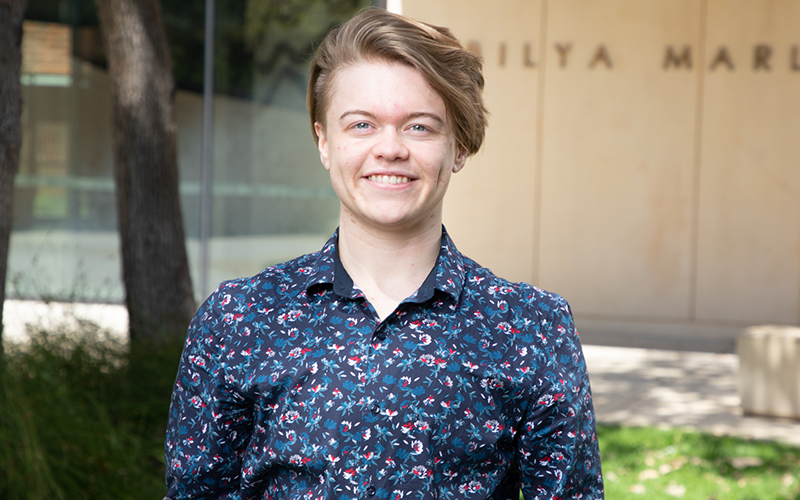
News & Events
Youth mental health researcher named joint Shell Aboriginal STEM Student of the YearYouth mental health researcher named joint winner of the Shell Aboriginal STEM Student of the Year category at the 2022 Western Australian Premier’s Science Awards.

News & Events
More pedestrians, less cars: Researchers call for shopping strip overhaulResearchers have identified 10 Australian shopping strips where the removal of on-street parking would transform the area’s liveability.
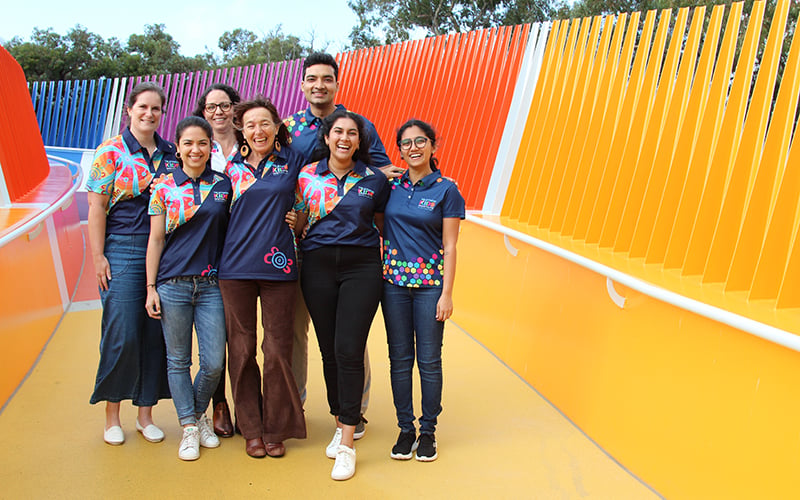
News & Events
World Breastfeeding Week: Q&AIn celebration of World Breastfeeding Week (1 – 7 August), we sat down with Professor Valerie Verhasselt to ask her some of the top questions about breastfeeding and immunology.
